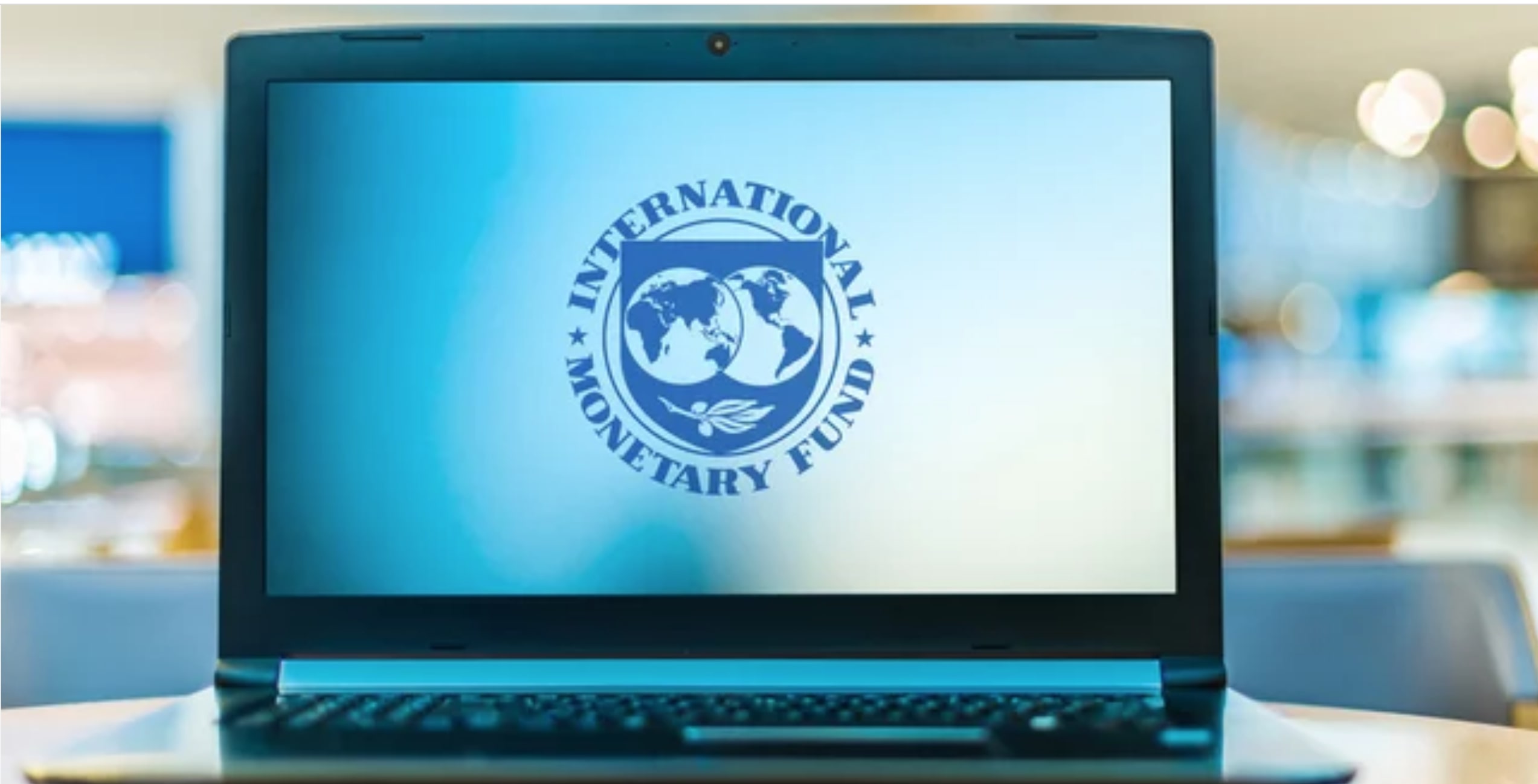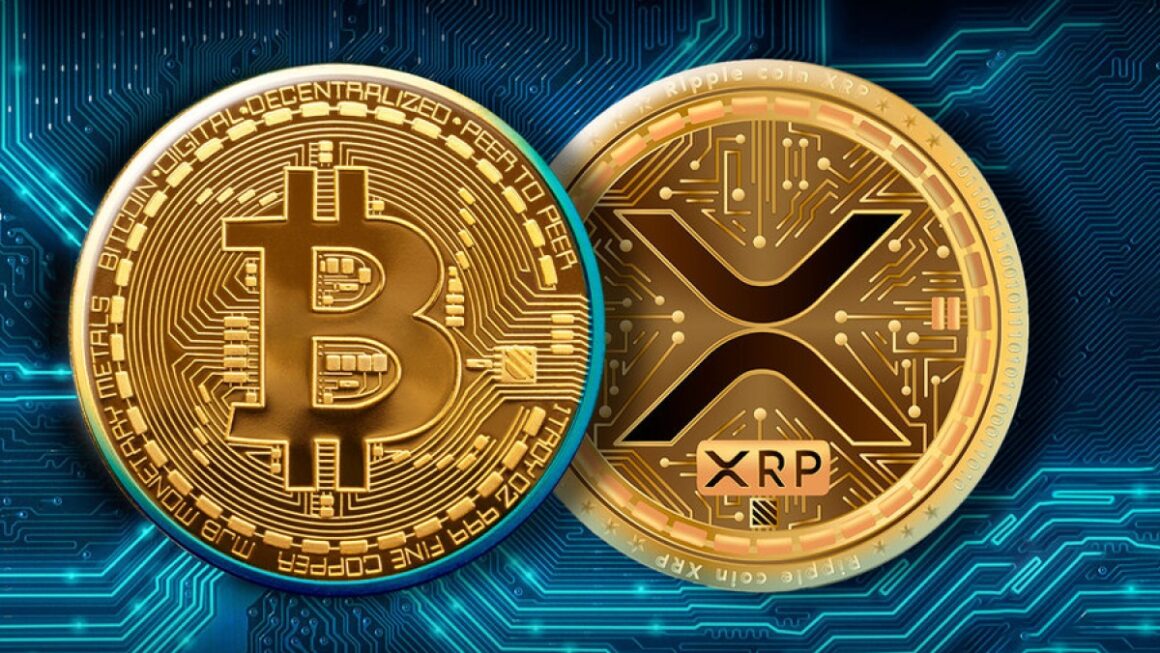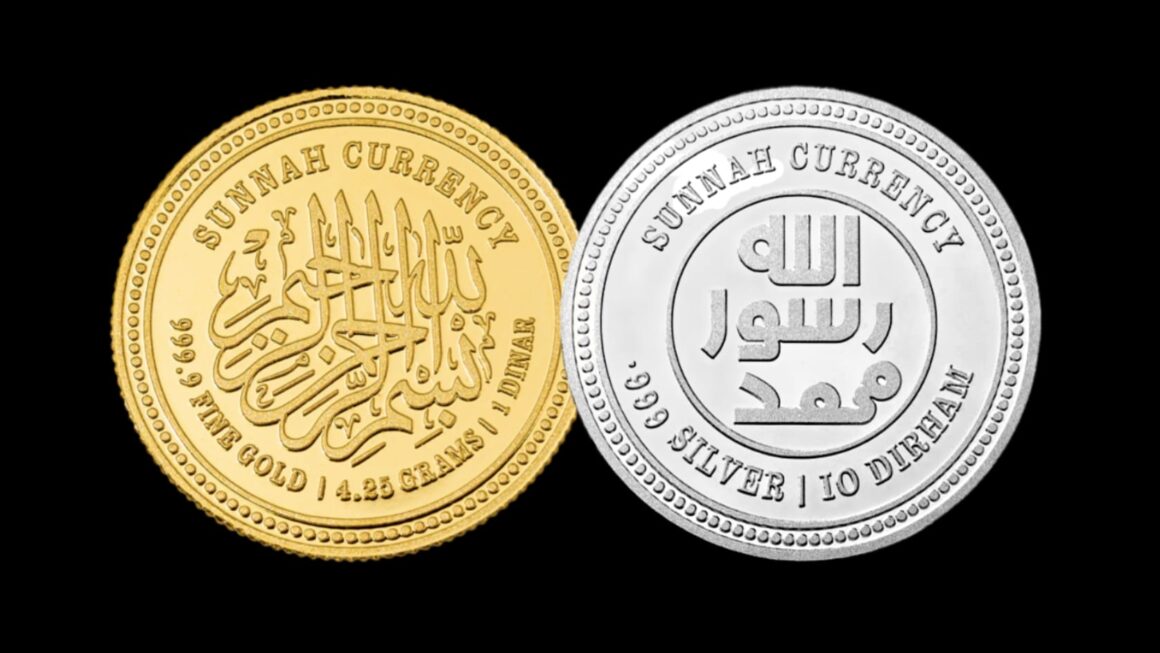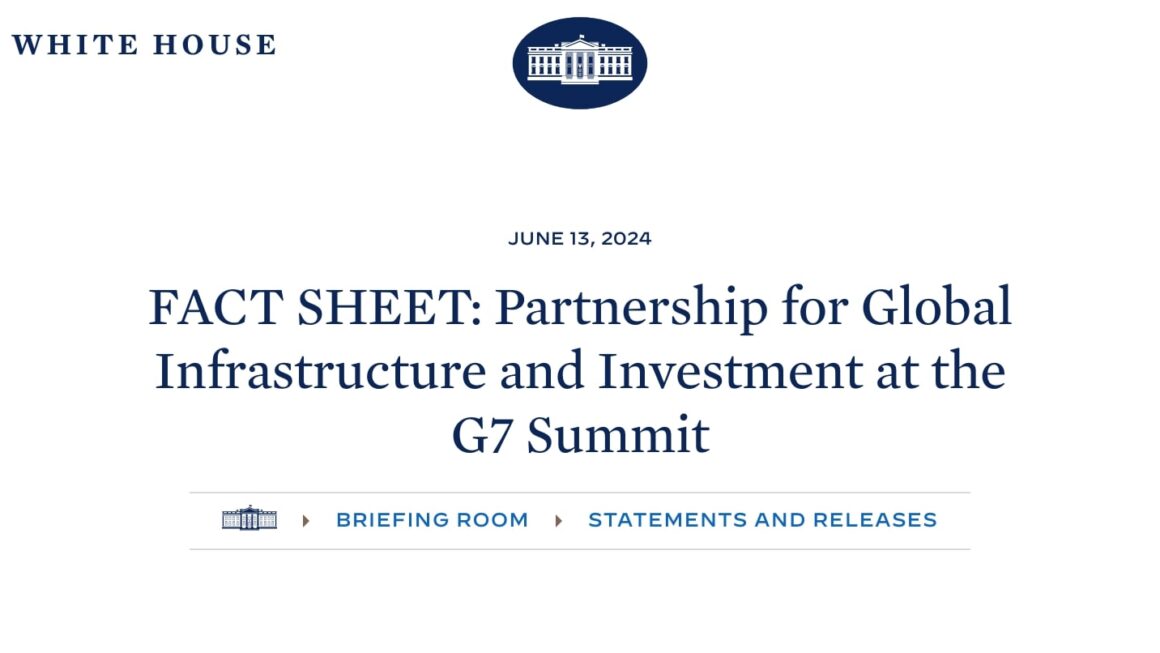In a significant announcement that has captured the attention of the global financial community, the Head of the International Monetary Fund (IMF) has declared that the organisation is diligently working on the development of a groundbreaking single “global” digital currency. This momentous initiative is set to reshape the future of financial systems worldwide and revolutionise the way we transact, invest, and interact with money on a global scale.
The Vision for a Unified Digital Currency
The IMF, an international organisation dedicated to fostering global monetary cooperation and stability, envisions a future where a single digital currency acts as a universal medium of exchange. This groundbreaking digital currency would transcend borders, eliminate cumbersome exchange rate fluctuations, and promote seamless transactions across nations, ultimately fostering economic growth and financial inclusivity.
Empowering the Global Economy
The development of a global digital currency holds immense potential for empowering individuals, businesses, and economies across the world. By leveraging the power of blockchain technology and decentralised networks, this unified digital currency could streamline cross-border transactions, reduce transaction costs, and provide financial services to unbanked populations, bridging the gap between the developed and developing nations.
Enhanced Financial Inclusion and Accessibility
One of the key advantages of a global digital currency is its potential to enhance financial inclusion and accessibility. With traditional banking systems often inaccessible to marginalised communities, a digital currency would provide a secure and affordable means for individuals without access to banks to participate in the global economy. This inclusive nature of a global digital currency could help uplift millions of people out of poverty and stimulate economic growth in underserved regions.
Strengthening Security and Transparency
In an era where cybersecurity threats loom large, a global digital currency has the potential to bolster security and transparency in financial transactions. The utilisation of blockchain technology, with its immutable and decentralised nature, can protect against fraud, counterfeit money, and illicit activities. The transparent nature of blockchain also enhances accountability, enabling regulators and law enforcement agencies to monitor and combat financial crimes more effectively.
Overcoming Challenges and Ensuring Adoption
While the vision of a global digital currency is promising, there are challenges that need to be overcome to ensure its successful implementation and widespread adoption. Addressing concerns related to privacy, data protection, and regulatory frameworks will be crucial in building trust among individuals, governments, and financial institutions. Collaborative efforts, involving governments, central banks, and global organisations like the IMF, will be essential to establish the necessary infrastructure and frameworks for a seamless transition to a global digital currency.
Conclusion
The announcement by the Head of the International Monetary Fund (IMF) regarding the development of a single “global” digital currency marks a significant milestone in the evolution of global finance. As the world becomes increasingly interconnected, the need for a unified digital currency that transcends borders and empowers individuals and economies is more apparent than ever. While challenges lie ahead, the potential benefits of a global digital currency in terms of financial inclusion, security, and transparency cannot be overstated. The IMF’s dedication to this groundbreaking endeavour underscores its commitment to shaping a future where financial systems are more inclusive, efficient, and resilient.














